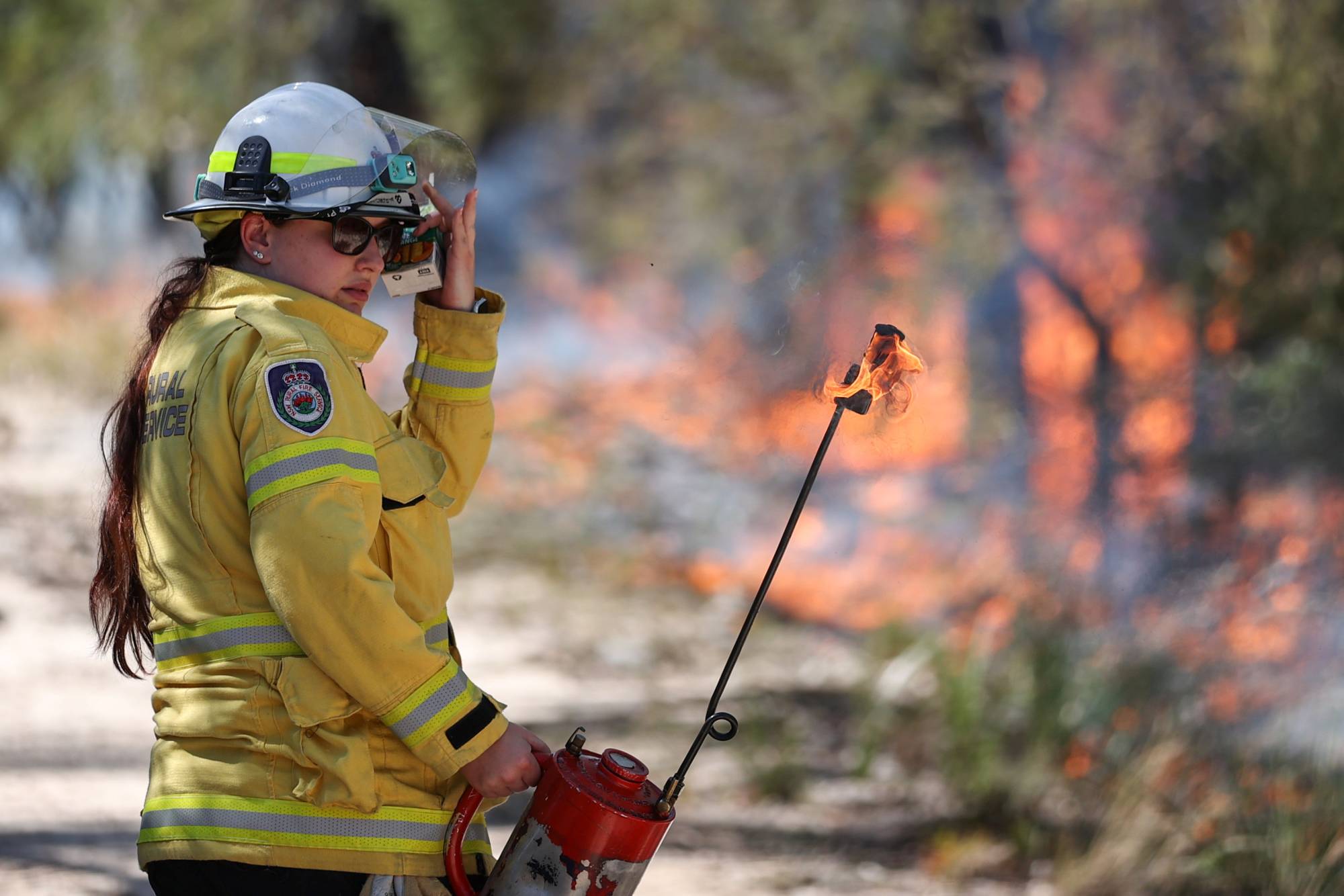If you were looking for a silver lining in the cloud of smoke that’s descended on New York in recent weeks as wildfires raged through Canada’s forests, consider the effect a similar natural disaster in 2019 and 2020 had on the politics of climate on the opposite side of the world.
Australia has long had a reputation as a climate laggard. A country that vies with Indonesia and Qatar as the biggest exporter of coal and liquefied natural gas, its leaders have spent decades blocking environmental action. Former Prime Minister John Howard refused to ratify the 1997 Kyoto Protocol. His successor Tony Abbott once dismissed the science of climate change as "absolute crap.” Scott Morrison, the incumbent at the time of the 2019 fires, brandished a lump of coal on the floor of parliament to taunt the Labor opposition.
Just a few months before the start of the fire season, the country’s May 2019 general election was seen as having dealt a decisive blow against green policies. "A perception that Labor was not supportive of the mining industry,” due to its equivocal stance on Indian billionaire Gautam Adani’s Carmichael coal project, cost the party votes in regions dependent on digging up solid fuel, according to the party’s post-mortem into the election. It was released in November just as the fires were hitting disastrous proportions. Fearful of being seen to highlight climate-adjacent issues, Labor and the broader political-media class initially remained largely silent on the fires, even as red smoke and floating ash cloaked Sydney.


















With your current subscription plan you can comment on stories. However, before writing your first comment, please create a display name in the Profile section of your subscriber account page.